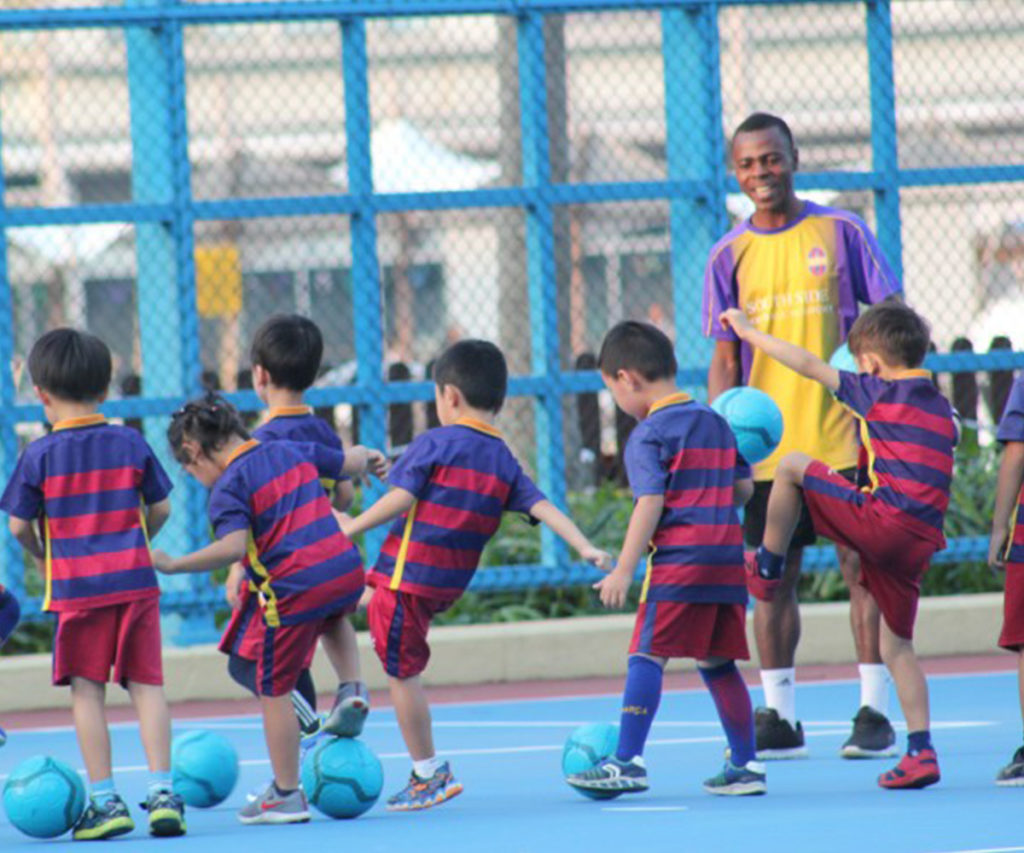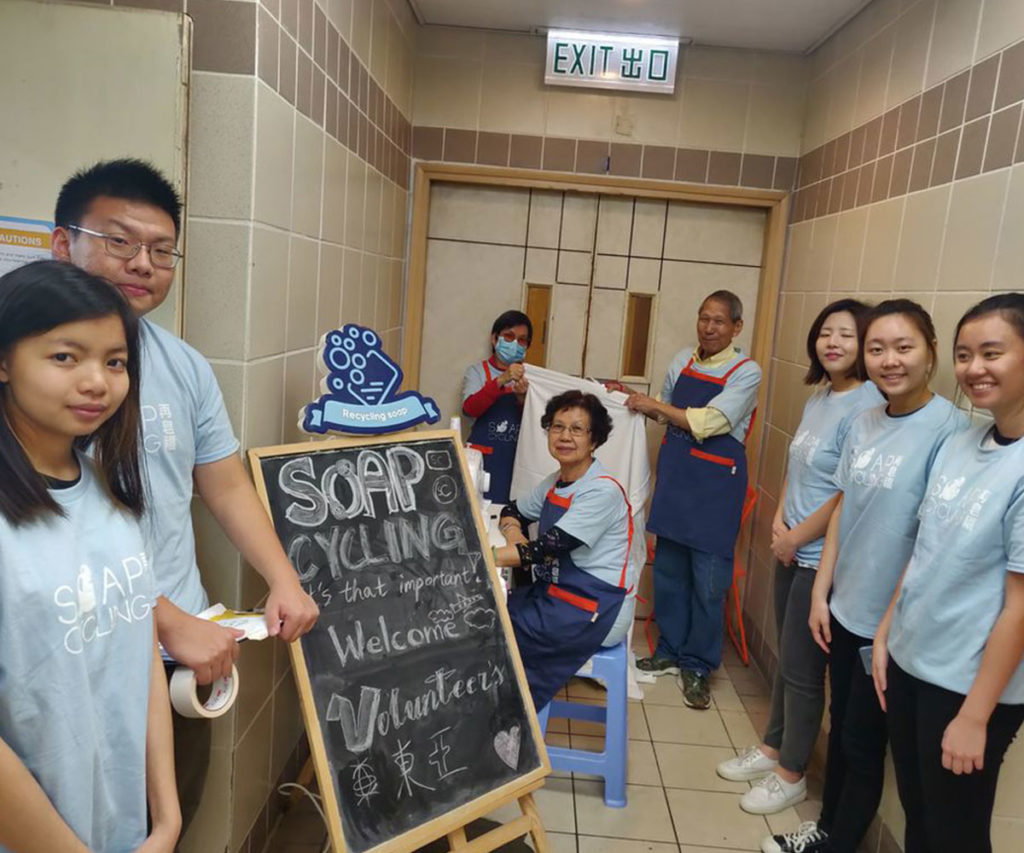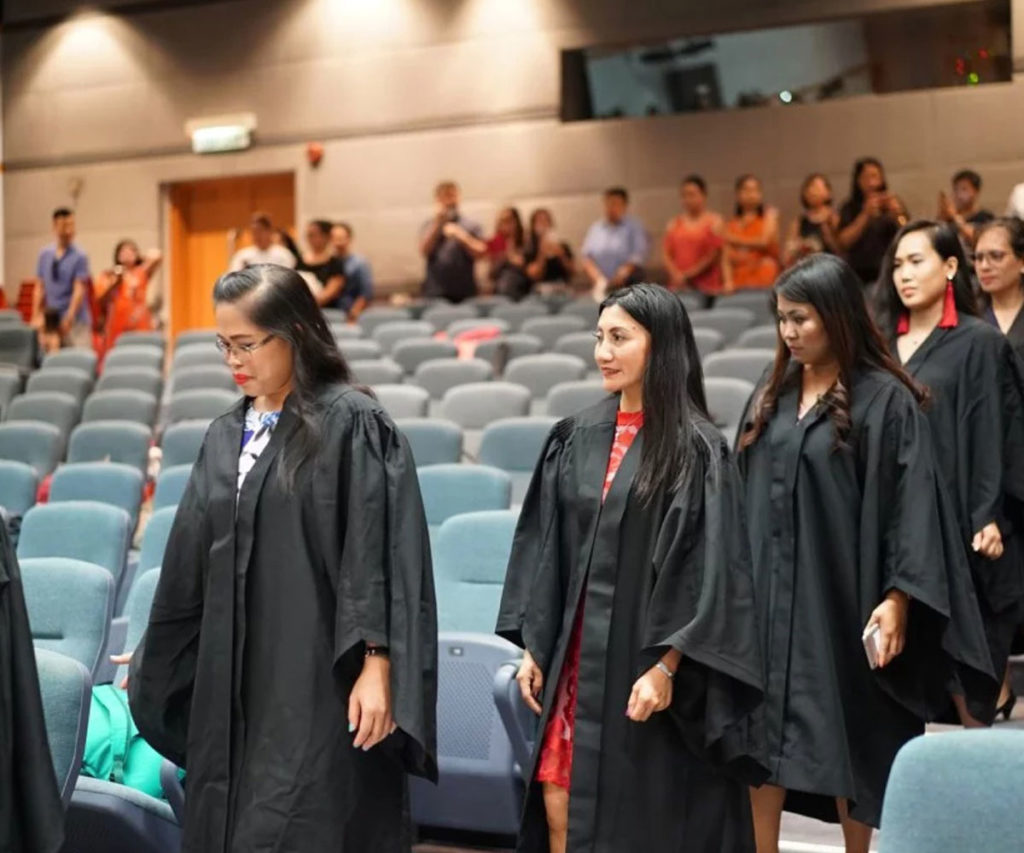We recently talked to Masood Ahmed, an Impact Lab intern on the Weava team. Read our interview to learn about his work as a Software Quality Assurance intern at Weava, his passion about startups and his current work on his own startup, and his advice for aspiring startup founders.

- Tell me more about yourself?
My name is Masood Ahmed. I’m originally from Pakistan. I’m currently a year three student at HKU. I major in Computer Science with a minor in Finance. I’m passionate about startups and I was a member of HKU’s iDendron. In fact, I’m currently working on my own startup with a partner! Apart from all that, I am also playing squash in the Uteam for HKU. So by listening to such a brief introduction of myself, you would definitely have guessed that I tend to try a lot of different things.
- How did you hear about the Impact Lab Course? What prompted you to sign up for it?
I actually learned about Impact Lab Course from one of my seniors, who worked for FSI in the Spring 2021 semester. I took the Impact Lab Course because I wanted to get some industry experience and worked on my portfolio.
- I know that you were a Software Quality Assurance intern at Weava. Tell me more about your role and responsibilities?
As a Computer Science major, it was natural for me to choose Weava for my internship. Also, Weava offers opportunities for people like me to take on software quality assurance, which isn’t taught as a complete domain at HKU.
As a Software Quality Assurance intern at Weava, I was mainly responsible for building test cases to help code developers identify bugs. I would conduct multiple types of testing, as my job is to ensure that the engineer process, methods, and workproducts of the software – Weava – are implemented correctly and that they comply with the required standards.
For creating and keeping track of test cases and the performance of the Weavatools webapp, I used programming technologies such as Apache JMeter and Cypress. In addition to that, I was also responsible for automating the testing of the webapp of Weava and documenting the process by creating an easy-to-read documentation for future interns of Weava.
- How would you describe your Impact Lab experience as a whole? How is it different to the other internships, if you have taken any before or after that?
I did, in fact, take an internship slightly before I took the Impact Lab Course in the Fall 2021 semester. In the previous internship, I was the only non-local person. In comparison, in my internship with Weava, I was able to meet people from different countries, and there were few communication barriers.
With Weava, most of our meetings were done online, which gave me the flexibility to plan my study and other things throughout the week. And we often had games known as Kahoot Nights every week, which made the work more fun!
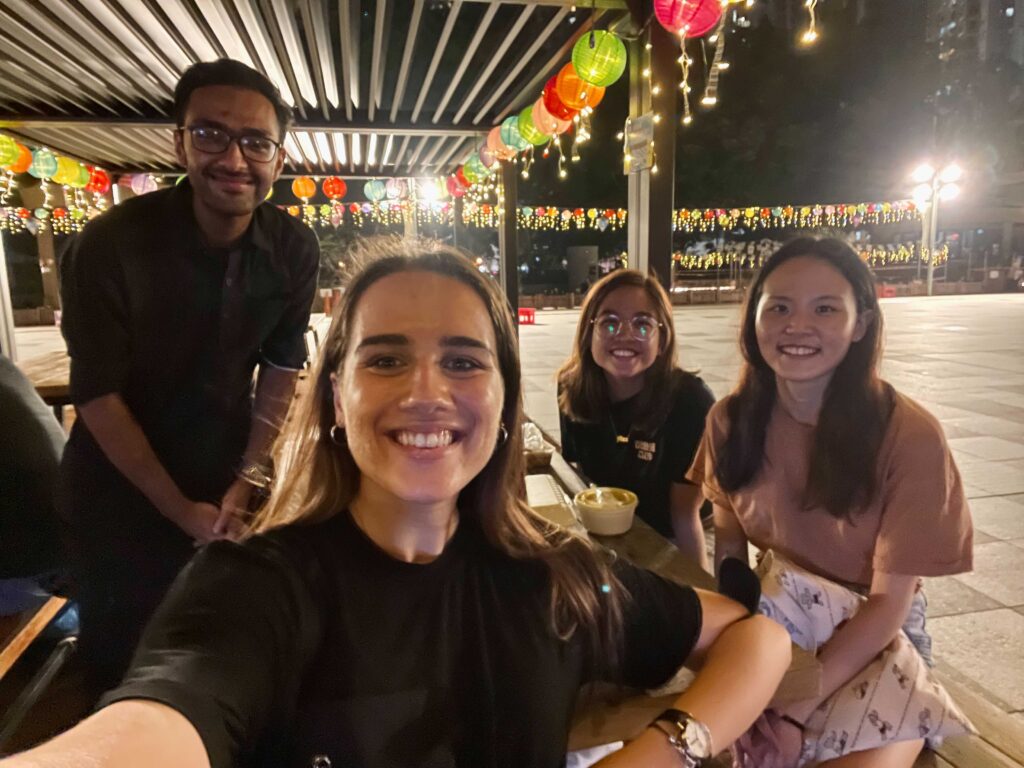
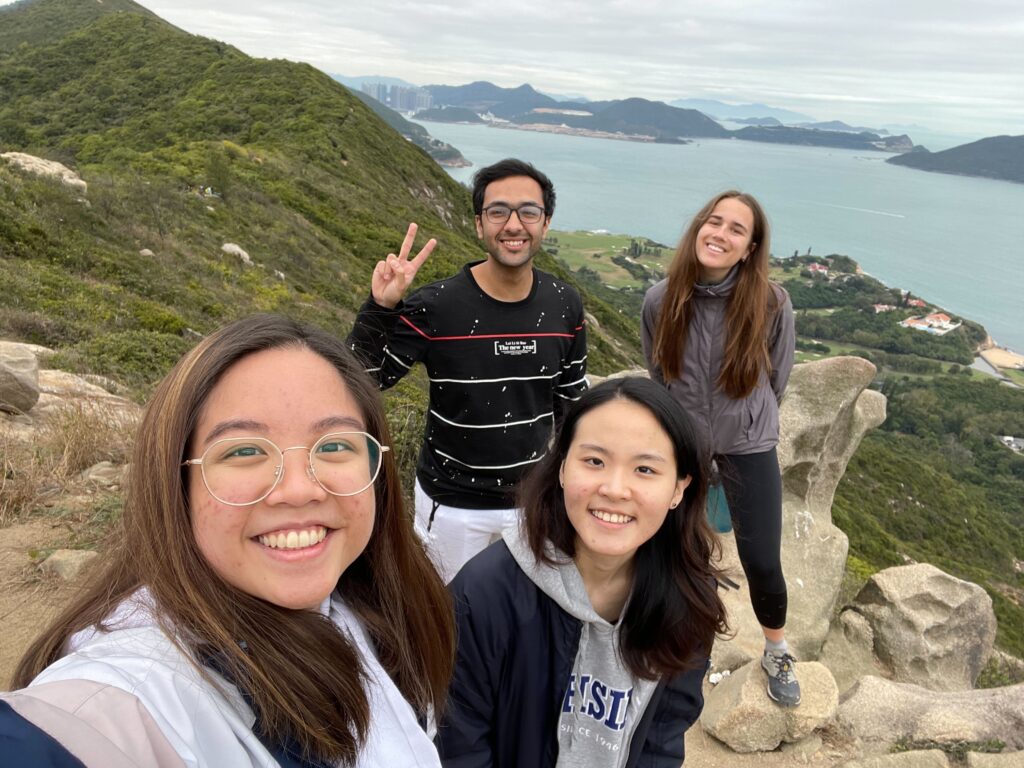
- Any memorable experiences from your internship with Weava?
There are many! There were five of us interns that semester, and we were all in Hong Kong at that time. So we would get together for dinners, and we became quite close. I still keep in touch with them.
- What are you currently working on now?
I’m currently working at a software company, known as Docpro, for web and app development. Technically, I’m the bridge between two companies – DocPro, an online provider of legal solutions and documents, and Technine, a software R&D house and system integrator. Since DocPro doesn’t have a software engineer, I communicate their needs on their behalf and work with Technine to code and develop products for Docpro.
As mentioned before, I’m also working on my own startup. The idea came about when I was chatting with other entrepreneurs at iDendron one day. As we looked out of the window, we saw these skyscrapers with glass windows. It got me thinking: What if instead of sending people up to clean the high-rises, we do it with a safer and more efficient tool instead?
So now, I and a partner are working on a startup to build a robotic hand to replace the human window cleaners. This could minimize the human life loss from accidents, as high-rise window cleaning poses safety hazards to the cleaners. The startup is now a prototype, and we’re going to venture capitalists and also trying to get into the Cyberport ecosystem to get seed funding. It’s unfortunate that I can’t have a company under my name because I’m in Hong Kong on a student visa.
- Has the Impact Lab experience influenced you in any ways, personally and professionally?
I was impressed by how Jon Pedersen, co-founder of Foundation for Shared Impact and Director of Weava, is able to successfully manage these startups. His story about how he restarted/reinitiated Weava after its founders left inspired me a lot and also led me to take a step towards building my own startups. I’ve been passionate about startups since December 2020, when I was a year one student at HKU, and taking the Impact Lab Course pushed me to pursue that further.
Apart from that, my internship with Weava has also enabled me to learn about different technologies, and it enhanced my soft skills like communication and problem-solving.
- What is your take on youth empowerment? How do you think Impact Lab and Weava are enabling that?
Young people have the power and the mentality to change the future for the better – we are the shapers of tomorrow. We need to make sure they are on the right side, that they know what they want to do, so that they can create a positive impact.
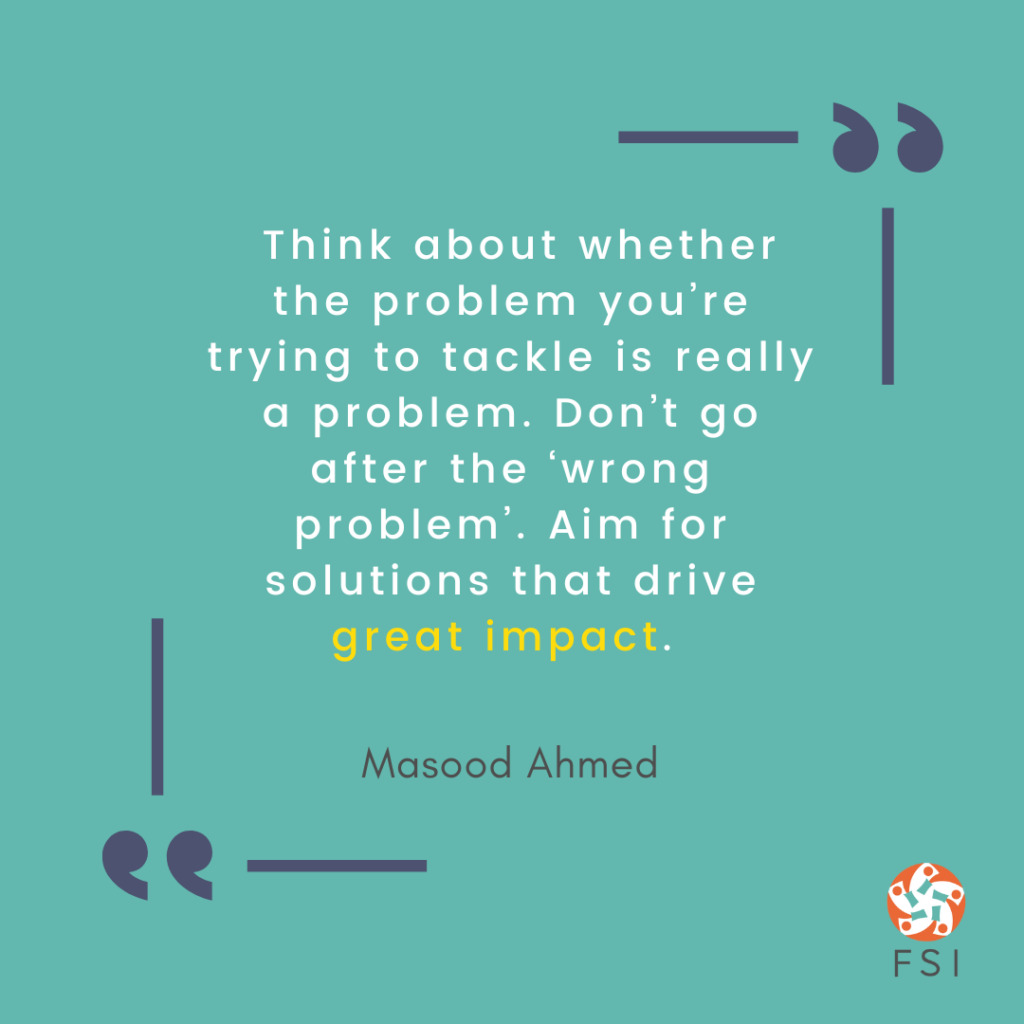
- Would you recommend the Impact Lab to others? Why?
I have already recommended the Impact Lab Course to someone I know! He worked for Weava too. Impact Lab is a great opportunity to gain industry experience while earning academic credits. I would recommend Impact Lab to everyone.
- What is your advice to people who want to establish a startup?
Think about whether the problem you’re trying to tackle is really a problem. Don’t go after the ‘wrong problem’ – a problem that is already being solved or that it affects just a small community. Aim for solutions that drive great impact. If you’re only founding a startup for your personal reputation, your company is not likely to last five years.

